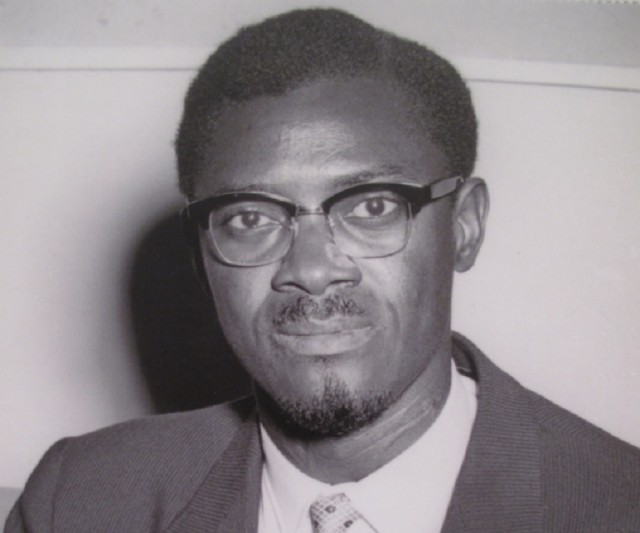Lumumba, Patrice Emery
1925–1961
Congolese political leader
Patrice Emery Lumumba was the first prime minister of Zaire, the country now called CONGO (KINSHASA). Known for his fervent nationalism and his commitment to freeing Africa from colonial rule, Lumumba played a leading role in gaining independence for his country.
Born in the Kasai province of the Belgian Congo, Lumumba received a basic education at Christian missionary schools and then continued to study and read widely on his own. He went to work as a clerk in a post office and held important positions in several employees' organizations. In the mid-1950s, he became active in politics, founding the Congolese National Movement in 1958. His party differed from other parties in its broad appeal to both nationalism and Pan-Africanism—a movement to unite blacks throughout the continent and oppose racism and colonialism. Lumumba and the party worked toward independence from Belgium.

Lumumba was the most important leader in the independence movement for a number of reasons, the most important of which was his political views. Those views were based both on his own experiences in Africa and on the knowledge he gained attending important conferences in Europe. Additionally, Lumumba had excellent public speaking skills and an ability to work with people from many different political parties. When the first general election was held in 1960, his party was the clear winner, despite Belgian opposition.
When the colony gained its independence as Zaire in 1960, Lumumba served as the first prime minister. He immediately faced a number of crises, including secession movements by the provinces of Kasai and mineral-rich Katanga. Lumumba did what he could to deal with the situation, but his army was weak and his administration inexperienced.
When the United Nations ignored his appeals for help, Lumumba sought assistance from the Soviet Union, a move that alarmed many Western powers and fueled opposition to him within Zaire. In September 1960, Zairan president Joseph Kasavubu dismissed Lumumba as prime minister. Then, on February 12, 1961, Lumumba was arrested and murdered in the city of Elisabethville by anti-Lumumba forces loyal to Kasavubu. His death shocked and angered many in Africa, and later even his enemies called him a national hero. (See also Independence Movements.)